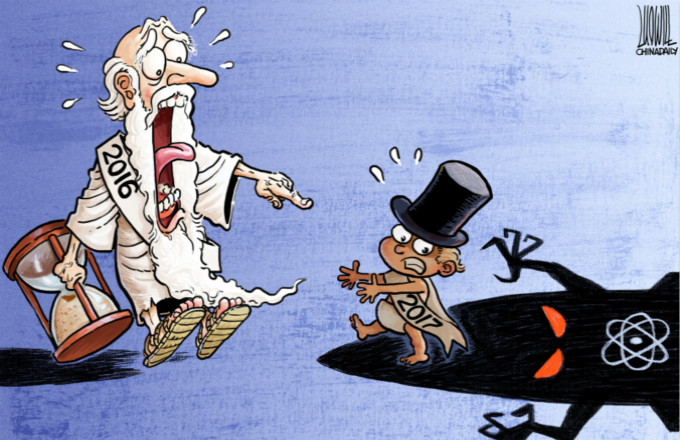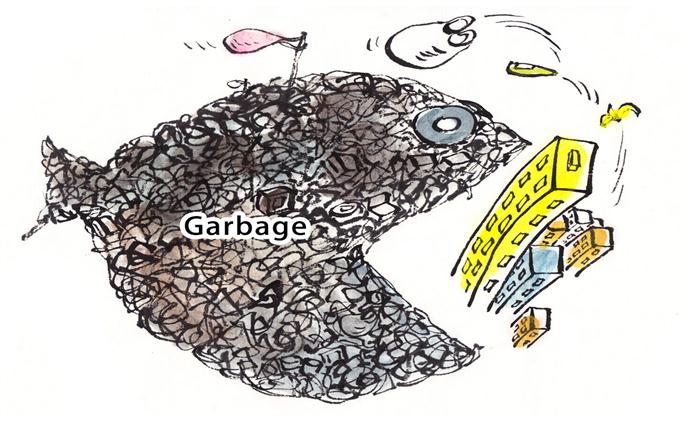New law on pre-installed apps is step in the right direction
 |
|
A billboard displaying various kinds of supported mobile payments is pictured in a convenience store in Shanghai, on May 31, 2016. [Photo/VCG] |
The Ministry of Industry and Information Technology has announced a temporary regulation covering pre-installed apps that will take effect on July 1. According to the regulation, smartphone producers should make sure users can dismantle all the pre-installed apps except those necessary for basic operations. Beijing Youth Daily commented:
A majority of the apps that are pre-installed are unnecessary for the normal use of the smartphones. On the contrary, some of them steal the data. Smartphone producers insist on installing these apps because they receive payments from the app developers, which has created an interest chain.
The ministry has twice issued notices forbidding smartphone producers from installing unnecessary apps, yet this black interest chain has never been cut. That's because there is no law prohibiting the practice.
Will the new regulation be able to effectively protect consumers' rights and interests when it comes into effect? That's a question that remains to be answered.
The regulation makes clear the responsibilities of internet service providers, smartphone producers, as well as local communication departments' duty of supervision. It fails to clarify what kind of penalties these enterprises and the local communication departments face if they violate the law. And there is no support for consumers seeking compensation in cases where pre-installed apps hurt their interests.
More importantly, the regulation does not give any unambiguous definition of which or what types of apps are considered necessary for the normal functioning of a smartphone and which are not. That leaves an excuse for smartphone producers to say their pre-installed apps are necessary when in fact they are not.
The law is a big move forward in better regulating the smartphone app market. But it should be made clearer to better regulate the market and protect consumers' interests.


















